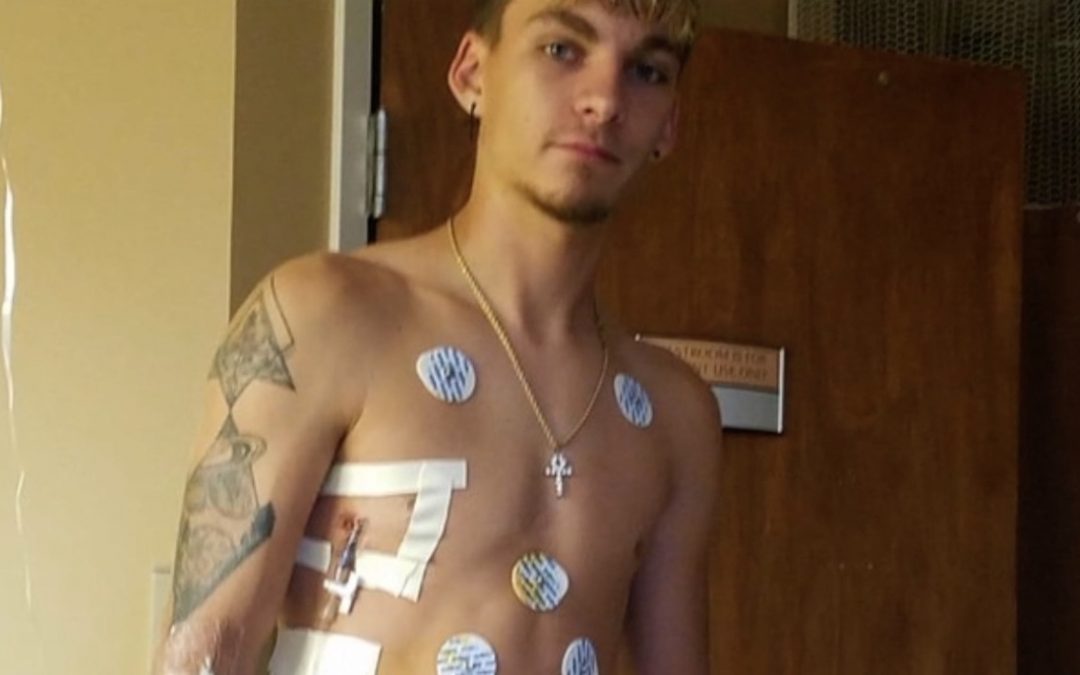Dr. Christian Thurstone, director of Behavioral Health Services at Denver Health and a professor of psychiatry at the University of Colorado School of Medicine, recently told ABC Channel 7 in Denver he knows why teens and young adults get hooked on vaping. It’s the same reason anyone can get hooked on smoking: nicotine.
And as with smokers of tobacco who might move on to smoking marijuana, many young people who use electronic cigarettes move on from vaping nicotine concentrate into their lungs to vaping concentrated THC, the active ingredient in the cannabis plant that produces drug highs. THC also is addictive and is associated with a wide range of mental health problems, including depression and psychosis.
Industry estimates suggest about 9 million people in the United States use electronic devices to vape. So far, more than 450 “vapers,” have suffered severe lung illnesses, and six people have died. Users and vaping industry interests — which include tobacco and marijuana companies — insist the comparatively small number of reported health problems do not justify what they say is unnecessary alarm sweeping the nation.
Dr. Thurstone says if anything, alarm is overdue: “Until we know a lot more information about exactly what ingredient is in the vape juice that’s causing these deaths and serious illnesses, the best advice is to stay away from vaping,” he told Channel 7.
Among ardent, former defenders of e-cigarette use was 21-year-old Kyle Lano — whom Dr. T salutes for having the courage to share his personal story about vaping-related health problems, which include two collapsed lungs. Because of Lano’s willingness to express his concerns, Dr. T is adding him to the blog category where he tracks “People Making a Difference” for the cause of promoting good mental healthcare and addiction treatment.
“I would always argue how safe it was until those e-cigarettes took effect on me,” Lano told Channel 7. Now, Lano said, he believes that instead of being a safer alternative to smoking, vaping is instead a more efficient way to die. “We have our whole lives ahead of us, and we’re going to end up on oxygen in our 20s and 30s.”



We welcome all thoughtful comments, but please abide by our commenting rules